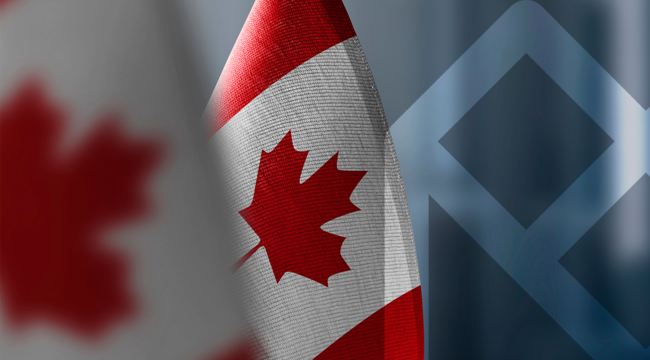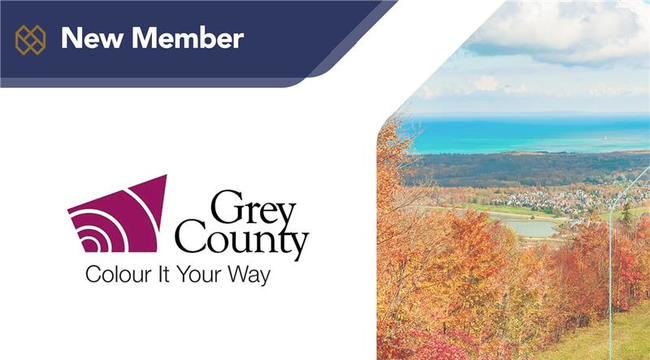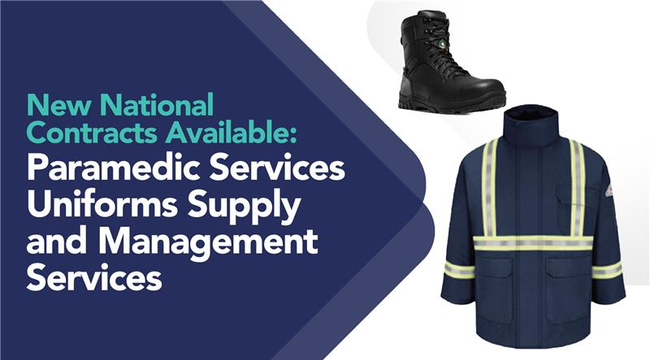HealthPRO Canada News
May 14, 2021
Spotlight on Amanda Giles for National Nursing Week 2021: “I really like change, I like to travel, and I like things to be flexible. Nursing is perfect for that.”
Being able to change when the winds push her in a different direction has made nursing the perfect career choice for Amanda Giles. 
Amanda, have you continued working as a frontline nurse since joining HealthPRO?
Yes, I'm casual at the hospital. I went back to the hospital (Royal Alexandra Hospital in Edmonton) in October and helped with immunization for the flu campaign – I was working at HealthPRO during the day, immunizing at night. Then at the end of November, they called back the ICU nurses. I hadn't been in the ICU for a couple of years, but that was where the majority of my clinical work was done previously, so it wasn't new to me. But it was stressful because COVID patients are very unpredictable, especially the ones who are on ventilators. And of course, all the staff were super stressed from being there through the whole pandemic.
How has working at HealthPRO affected your perspective on nursing?
It's funny when I talk about my job at HealthPRO with hospital colleagues, they're very curious, asking, "Oh, how much is this, or how much is this?" Or "What's going on? Why did we see this change?” So it's interesting in that way.
My work is primarily in British Columbia and a lot of what I do is contract/project management and education, which I have a background in. When I go back to the hospital, I see a lot of the supplies that we have contracts for and I’m now more aware of the impact we have with accessibility to suppliers, what it takes to get particular products in the hands of the healthcare professionals, and just overall costs of products to the healthcare system.
Nurses have talked about being in survivor mode – feeling burnout and exhaustion. What kind of challenges have you seen and possibly experienced personally?
I speak from the ICU perspective and I would say yes, ICU nurses certainly feel that way. Even though they’re redeploying nurses from other areas to help, I’ve seen how challenging it is. They’re operating at such a high level continuously day after day, and that really wears on you.
You're sitting at a bedside of someone who's a ventilated COVID patient so it’s very risky and scary. You’re more exposed than many other healthcare professionals and others in the community. You're wearing lots of PPE, but there's always a risk you could bring something back to your family.
The other element I’ve experienced is deep social isolation. As an ICU nurse, you're revered as a hero — but in the community, people don't want you to come near them, because you’re an ICU nurse working with the sickest COVID patients.
I was cross-country skiing, and I came up to this person who had fallen and it looked like he was in trouble. His wife was panicking. I said, "Hey, I can help you. I'm an ICU nurse." And they're like, "Stay back if you're an ICU nurse." So I just said, "Okay, I understand. I'll help you from a distance.” It’s this weird thing that although you’re desperately needed, you feel like you're a social pariah.

What was it that motivated you to become a nurse, Amanda?
A lot of nurses are inspired to help, and they have lots of compassion, which of course I have. But for me, my drive was largely because I really like change, I like to travel, and I like things to be flexible. So with nursing, there’s the opportunity to not only work and travel, but within the work itself, there's different career advancements and there's always change while still having a big impact.
I don't think I would enjoy anything that was the same every day. I know myself, I get really restless and think I would flee. Healthcare is perfect for that.
Were you always in ICU or have you had different nursing roles?
I started in general medicine and then I moved into ICU. My next move was into administration. My husband and I moved to Saudi Arabia for a couple years and I worked as a Clinical Educator, doing mostly project management, process and quality improvement. When we came back, I started with HealthPRO.
Nursing roles are ever evolving; what is one thing readers might be surprised to learn is part of your role as a nurse?
For many people, I think their view on nursing is a much older job description of watching for symptoms, keeping a patient tidy, that kind of thing. Whereas now, it's incredibly technical analyzing a lot of data rapidly and adjusting treatment accordingly.
I don’t think people realize the amount of work it takes to maintain a nursing license, to maintain certifications, specifically to work in the ICU. You don't know who's going to be admitted so you have to be adaptable to what the patient is presenting and be able to react. The amount of information we have to know just to care for ICU patients would surprise people.
It’s been a really tough year. I just wonder, from where you've been and what you've seen, how have nurses helped each other keep their morale up?
There are areas where it's very tough to be a nurse, but in the ICU specifically, I find there's really great comradery. And it’s always been there because the work is so intense. If someone appears to be struggling, there are always people trying to help you and make it easier for you.
When I was there last, I had a patient who was supposed to be a stable non-COVID patient. And all of a sudden, she went into this lethal heart rhythm with no indications of progressive decline in condition. Everyone just rallies, and comes and does things. They’ll say, "Okay, tell me what you need me to do.”
That’s especially true if you’re new – they make sure that anyone who’s new is being cared for so they don’t get scared off.
The breaks are a sacred part of the day for a 12-hour shift in the ICU. Nurses will work hard to make sure everyone is getting their allocated breaks, to have ‘a hot minute’. That’s something that’s really good about the ICU. If you have a list of ten tasks that need to get done, someone will just come over and say, "Hey, I'll start working on your tasks. You go have a coffee break."
One thing that’s happened this year is that nurses have become more outspoken than they probably ever were, just in terms of speaking out about the conditions and not being prepared to accept things just because that’s the way it’s always been. Have you seen that?
Yes I have and it’s wonderful, because nurses are a huge body of workers. And as we've learned in this pandemic, they're really the foundation of our healthcare system. That’s enabled nurses to have more of a voice, since it's not just about the physicians or administration. That really, without a well-established nursing workforce, everything would crumble.
Please finish this sentence. If I wasn’t a nurse, I would be…
I would be either of two things – an entrepreneur of anything, or a food anthropologist. I'm obsessed with food and how it intermingles with cultures and brings people together. So when I travel – unfortunately we haven't been able to travel a significant amount lately – my whole trip is designed around the food we're going to eat. So I will go to the absolute depths of the Internet to find these gems of places to go and eat. Fortunately, my husband is very food-motivated as well. If you tell us, "Oh, if you run ten kilometres, there'll be a super great restaurant and winery at the end." We'd be like, "Yeah, let's go."


